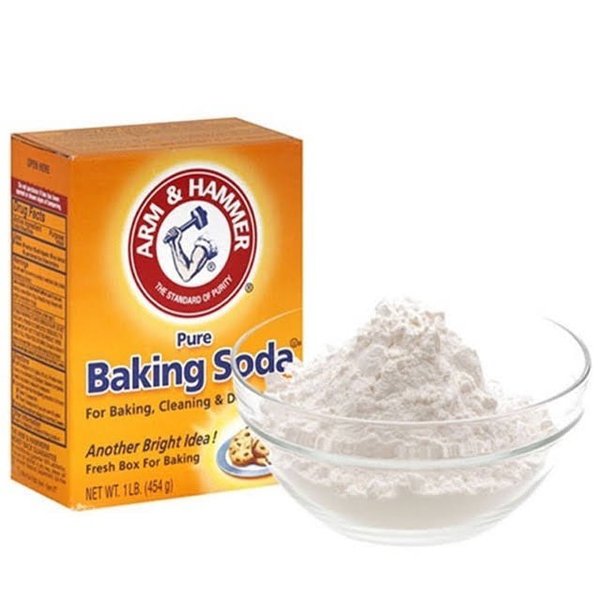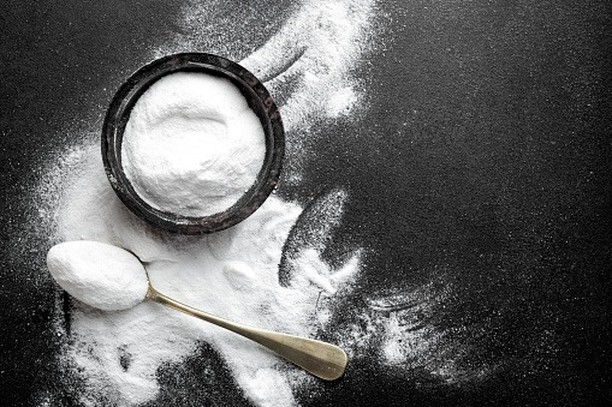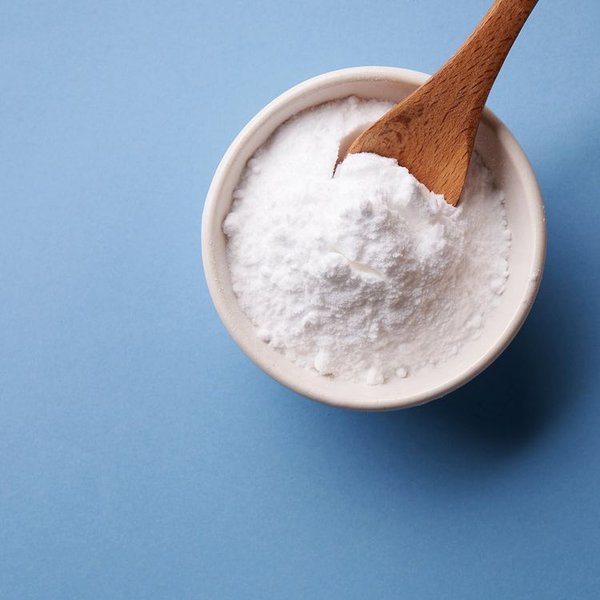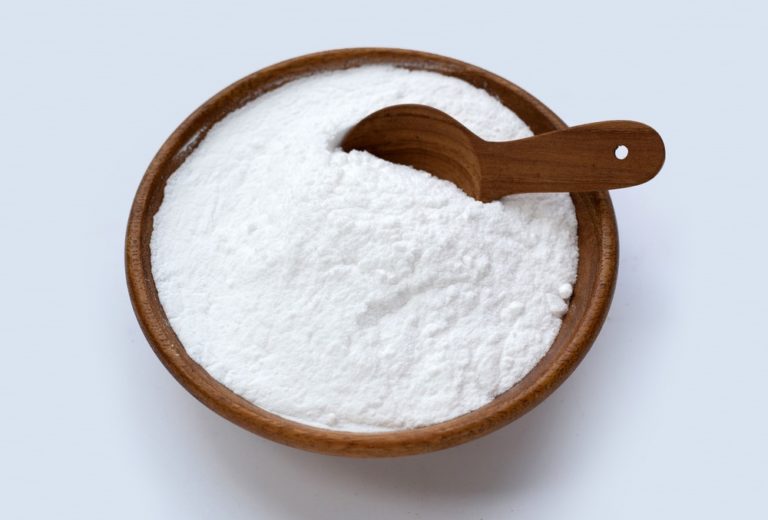Baking soda is a common household product that can be useful in various ways around the home, and due to its use in preparing food, many dog owners often wonder whether it is safe for dogs to eat. So, is it safe for dogs to eat baking soda?
No, baking soda is not safe for dogs to eat because of the considerable amount of salt it contains. While consumption of baking soda in large quantities can be extremely toxic to dogs, minute quantities of this substance pose no threat to dogs. Hence, baked goods prepared with baking soda are safe for dogs to eat, provided they do not contain other harmful ingredients, like chocolate.
Baking soda poisoning comes with serious health implications which can be potentially fatal to dogs. And this article outlines some of these side effects of excessive baking soda consumption in dogs, as well as general symptoms of baking soda poisoning in pooches.
Additionally, if you suspect that your dog has consumed baking soda, this article also details the necessary steps you should take to ensure your canine buddy’s safety. However, before we go into all this, let’s provide a detailed answer as to whether or not dogs can eat baking soda.
Can Dogs Eat Baking Soda?

Baking soda is safe to eat when used to prepare baked products, but consumption of raw baking soda in large quantities poses serious health risks to a dog.
Baking soda, known scientifically as sodium bicarbonate, is a chemical compound that is made up of sodium and bicarbonate and is mostly used as a leavening agent when baking food.
And apart from its use in baking, baking soda is also typically used as an antacid for humans. Furthermore, its mildly abrasive qualities and drying effect make it an excellent household cleaning product.
Baking soda is typically not appealing to a dog’s taste buds, but its salty nature can propel a dog to consume significant amounts of this substance. And while the consumption of baking soda in little amounts typically poses no problems to dogs, health complications can arise when dogs consume baking soda in large amounts.
Baking soda used in baked goods typically poses no problems for dogs because the amount used in preparing these products is typically negligible. Problems typically arise when dogs consume baking soda in its raw, unbaked form because there is no restraint or limit to the amount of this substance that they can consume at the time.
What Happens If My Dog Eats Baking Soda?

Potential health complications that can arise from the consumption of baking soda by a dog include gastrointestinal upset, congestive heart failure, electrolyte abnormalities, and muscle spasms.
Gastrointestinal Upset
Baking soda is an excellent leavening agent when used for baking, and it is this property that makes it extremely dangerous for consumption by dogs.
When ingested into your pooch’s stomach, baking soda will typically begin expanding and reacting with the acid that makes up the stomach’s lining, thereby releasing harmful gases into the dog’s guts in the process, which in turn, causes the dog’s stomach to become bloated.
Congestive Heart Failure
Congestive heart failure is another health condition that can arise as a result of a dog consuming excessive amounts of baking soda.
It typically occurs when a dog’s heart can’t pump an adequate amount of blood to the body, and this can be induced by the presence of large amounts of baking soda in the bloodstream. The salt contained in baking soda usually causes fluids to be retained within the body, thereby making it harder for the heart to work.
Congestive heart failure usually results in symptoms such as fainting, breathing difficulties, fatigue, increased heart rate, a swollen belly, and if not promptly and properly taken care of, the eventual death of the pooch.
Electrolyte Abnormalities
Baking soda contains a significant amount of salt, hence the consumption of this substance in large quantities can result in a serious electrolyte imbalance within a dog’s body.
Electrolyte imbalance occurs due to a dangerously low or imbalanced level of phosphate electrolytes in a dog’s bloodstream, and this can be triggered by the consumption of an unhealthy amount of salt – baking soda – by a dog.
Electrolyte imbalances typically result in vomiting, canine diarrhea, intestinal inflammation, and diabetes, just to mention a few. And if not properly treated, this condition can be fatal for a dog.
What Are The Signs Of Baking Soda Poisoning In Dogs?
The first observable sign that your canine buddy has consumed baking soda in large amounts is vomiting. This vomiting is then usually accompanied by lethargy, diarrhea, tremors, seizures, and breathing difficulties, just to mention a few.
What Should I Do If My Dog Eats Baking Soda?
If you observe that your dog has consumed baking soda, you should first try to find out how much of the baking soda your canine buddy has consumed, and this will determine whether or not you need to call your vet.
Determine How Much Baking Soda Your Dog Has Eaten
Baking soda is only dangerous to dogs when ingested in large quantities, hence the first thing to do when you notice that your dog has consumed baking soda is to try and gauge how much of this substance your canine buddy has ingested.
Baking soda only becomes dangerous to dogs at one teaspoon for every pound of body weight, and if your pooch has consumed less than this amount, a visit to the vet may not be needed.
However, regardless of whether your canine buddy has consumed a little amount of baking soda, you should continue to observe the pooch for the signs of baking soda poisoning that have been listed earlier.

When Does It Become Necessary To Call The Vet?
If, however, you discover that your dog has consumed a significant amount of baking soda or you notice the signs of baking soda consumption in your canine buddy, the next course of action is to place a call to your vet right away!
Do not try to induce vomiting, unless specifically instructed to do so by your vet. Trying to induce vomiting in a dog that has ingested baking soda, without proper instruction can further complicate issues, and make your canine buddy even sicker.
Upon arriving at the hospital, the vet will run a series of tests and place the fido under observation.
Common treatment methods for ingestion of toxic amounts of baking soda include the administration of an IV drip for fluids and activated charcoal to prevent the pooch’s body from absorbing the baking soda.
If the pooch’s baking soda consumption is detected and reported early, the vet may also try to induce vomiting in the dog.





